Starting from this year, more than a dozen pesticides will be completely banned. If you are still using them, pay attention.
In the process of growing crops, farmers naturally use pesticides in order to reduce diseases and insect pests. However, in recent years, due to the simple pursuit of high crop yield, the use of chemical fertilizers, plastic film, pesticides and so on is increasing, especially the latter can be called overuse. The use of highly toxic pesticides, although increased the yield per mu, but also seriously endangered human health.
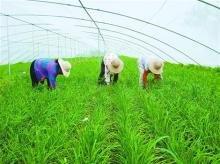
With the improvement of living standards, people's attention has shifted from whether the food is full, to whether the food is good or not, and to whether the food is safe or not. In this way, the issue of food safety is put on the agenda. There is no doubt that one aspect of food safety is the safety of agricultural products, and one aspect of food safety is the problem of pesticide residues. The state has increased its control over the use of pesticides and strictly forbids the use of highly toxic pesticides.
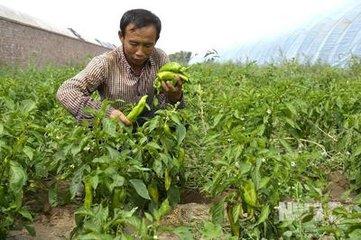
At present, the state has stepped up supervision on the use of pesticides, and the following 12 highly toxic pesticides will be completely banned. these include methamidophos, aldicarb, isocarbophos, endosulfan, methyl bromide, methotrexate, omethoate, methyl isomers, aluminum phosphide, chloropicrin, carbofuran and methomyl. Among them, aldicarb, methamidophos and isocarbophos were banned in 2018; endosulfan and methane were banned in 2019; line phosphorus, omethoate, methyl isomers and aluminum phosphide were banned in 2020; the remaining three were banned in 2022.
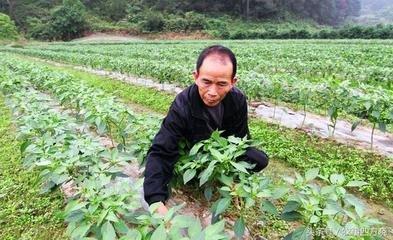
In addition to these 12 highly toxic pesticides, 22 of the 39 highly toxic pesticides commonly used in agricultural production have withdrawn from the market. As farmers, we must bear in mind that the above-mentioned highly toxic pesticides can no longer be used after the specified time, otherwise they will commit "crimes" and will be punished or sentenced. In fact, if there is a faster and better substitute than highly toxic and highly toxic pesticides, farmers will naturally abandon the former. After all, farmers are more aware of the harm of pesticide residues.
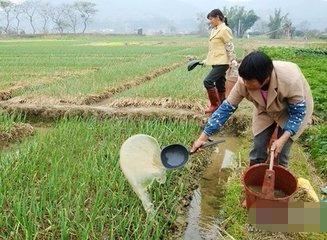
Only by improving agricultural planting technology, so that the problem of diseases and insect pests is solved, the use of pesticides will naturally be reduced.
Farmers, do you still have any feasible ways to solve pesticide residues? Take it out and share it. You are welcome to speak freely in the comments section.
- Prev
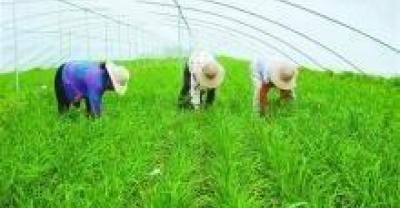
"Travel Frog" only takes 45 days to squeeze out pesticides to eat chicken, why? (with a full set of frog raising strategies)
It took only 45 days for ↑, the frog, to crowd out pesticides, chicken eaters, lovers and producers, and jumped on AppS... without any official publicity.
- Next

A jump on the Wechat can cause so much harm! More poisonous than king pesticide
Recently, Xiao Pomelo is addicted to the Wechat jump, increasingly emaciated, unable to extricate himself! A small chess, a few small piers, pressure sponge gently play, biu! Skip.
Related
- Fuxing push coffee new agricultural production and marketing class: lack of small-scale processing plants
- Jujube rice field leisure farm deep ploughing Yilan for five years to create a space for organic food and play
- Nongyu Farm-A trial of organic papaya for brave women with advanced technology
- Four points for attention in the prevention and control of diseases and insect pests of edible fungi
- How to add nutrient solution to Edible Fungi
- Is there any good way to control edible fungus mites?
- Open Inoculation Technology of Edible Fungi
- Is there any clever way to use fertilizer for edible fungus in winter?
- What agents are used to kill the pathogens of edible fungi in the mushroom shed?
- Rapid drying of Edible Fungi

